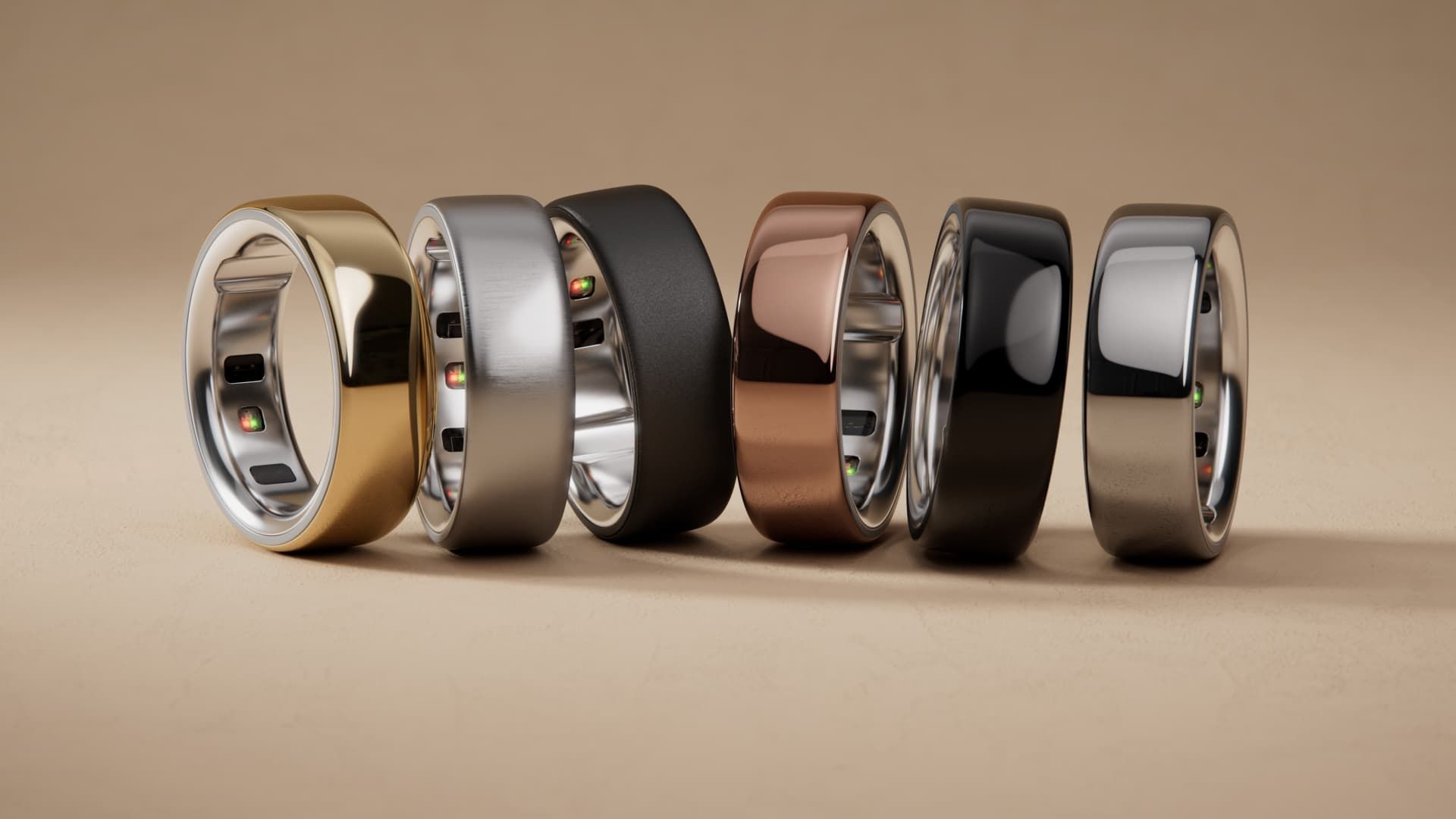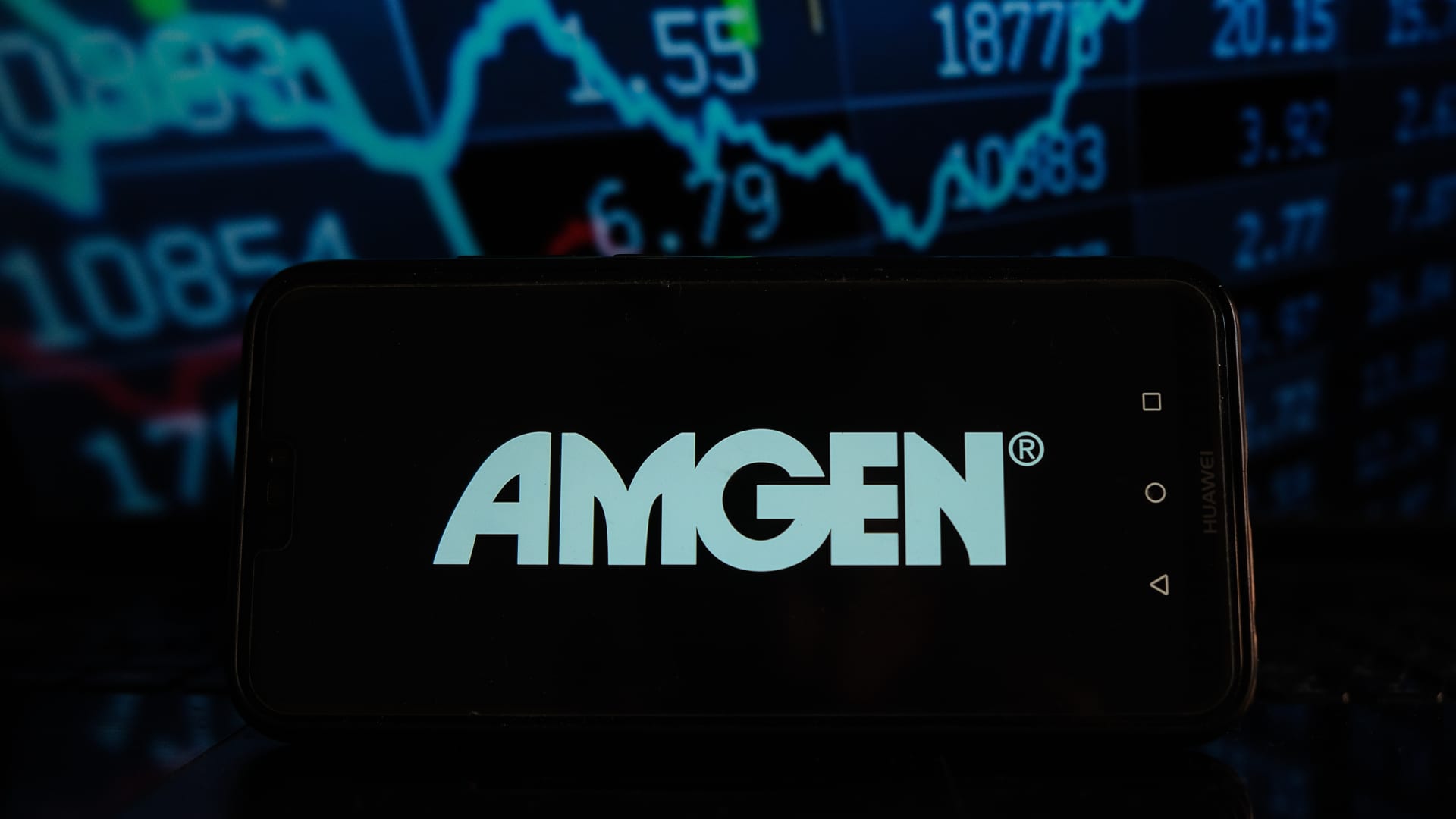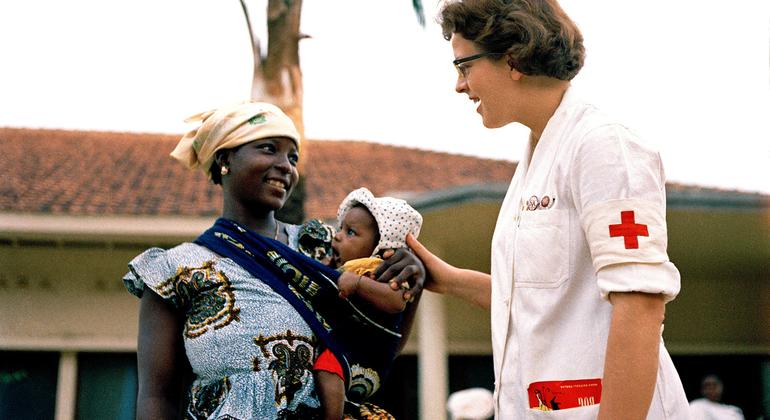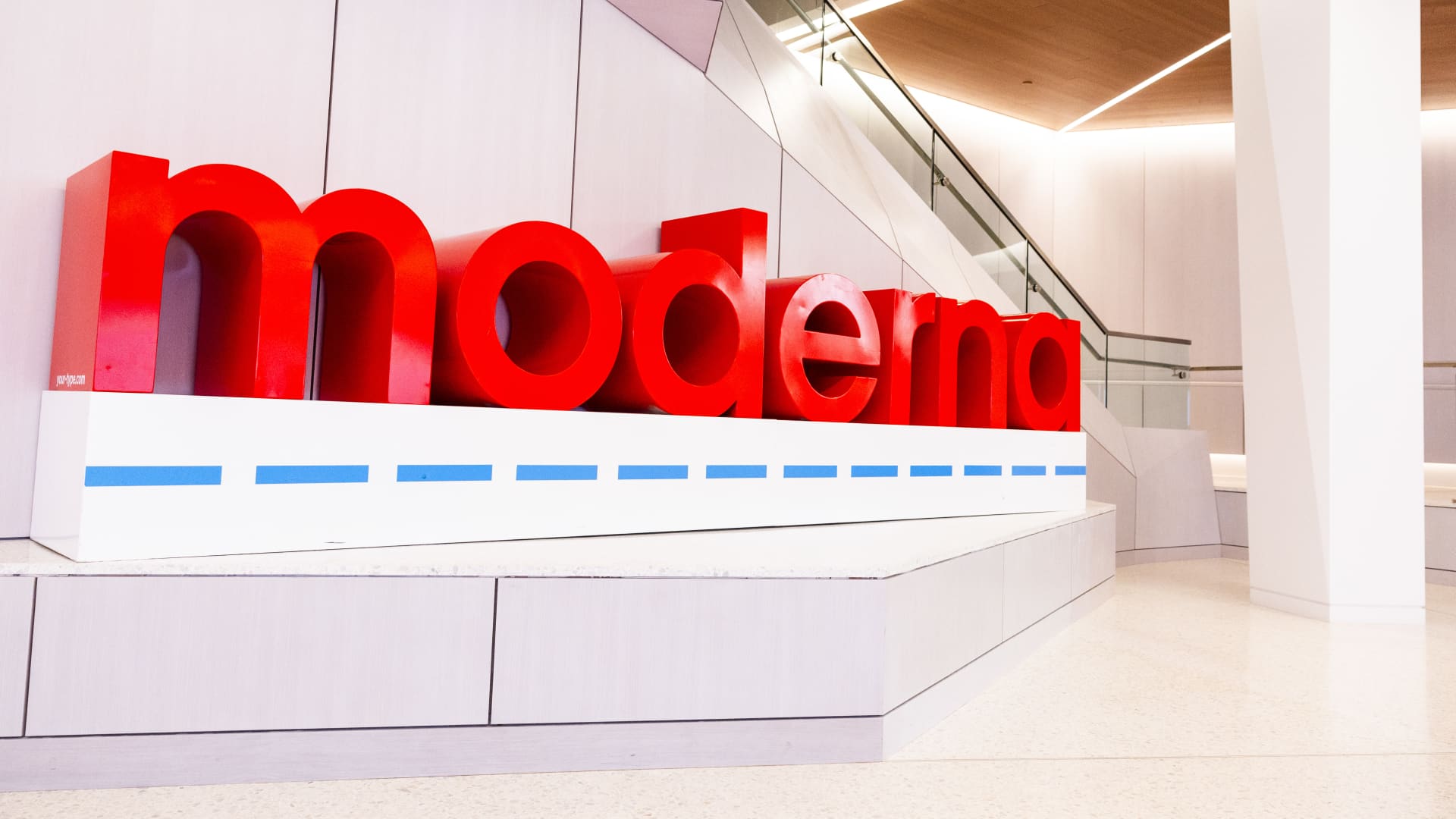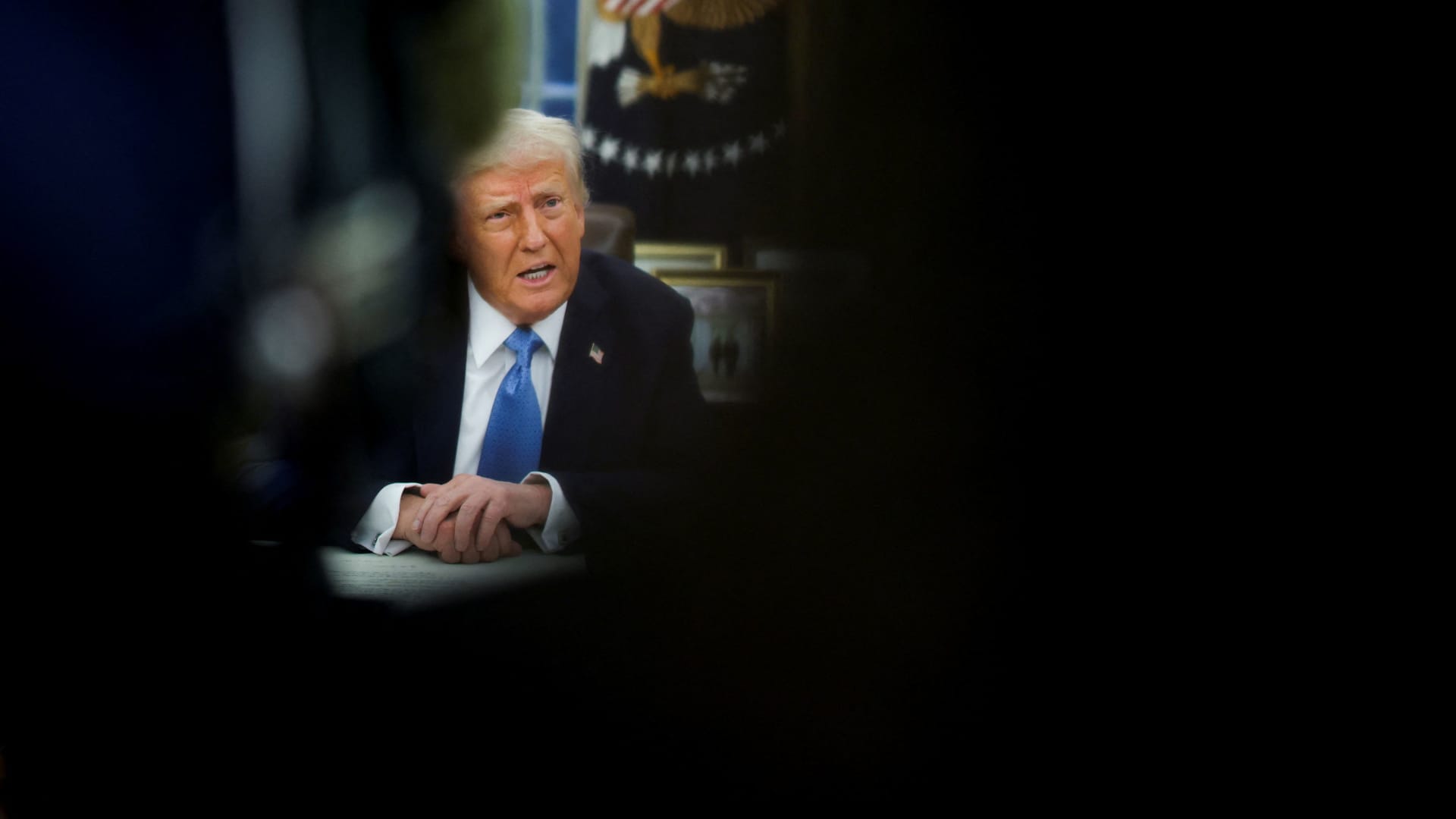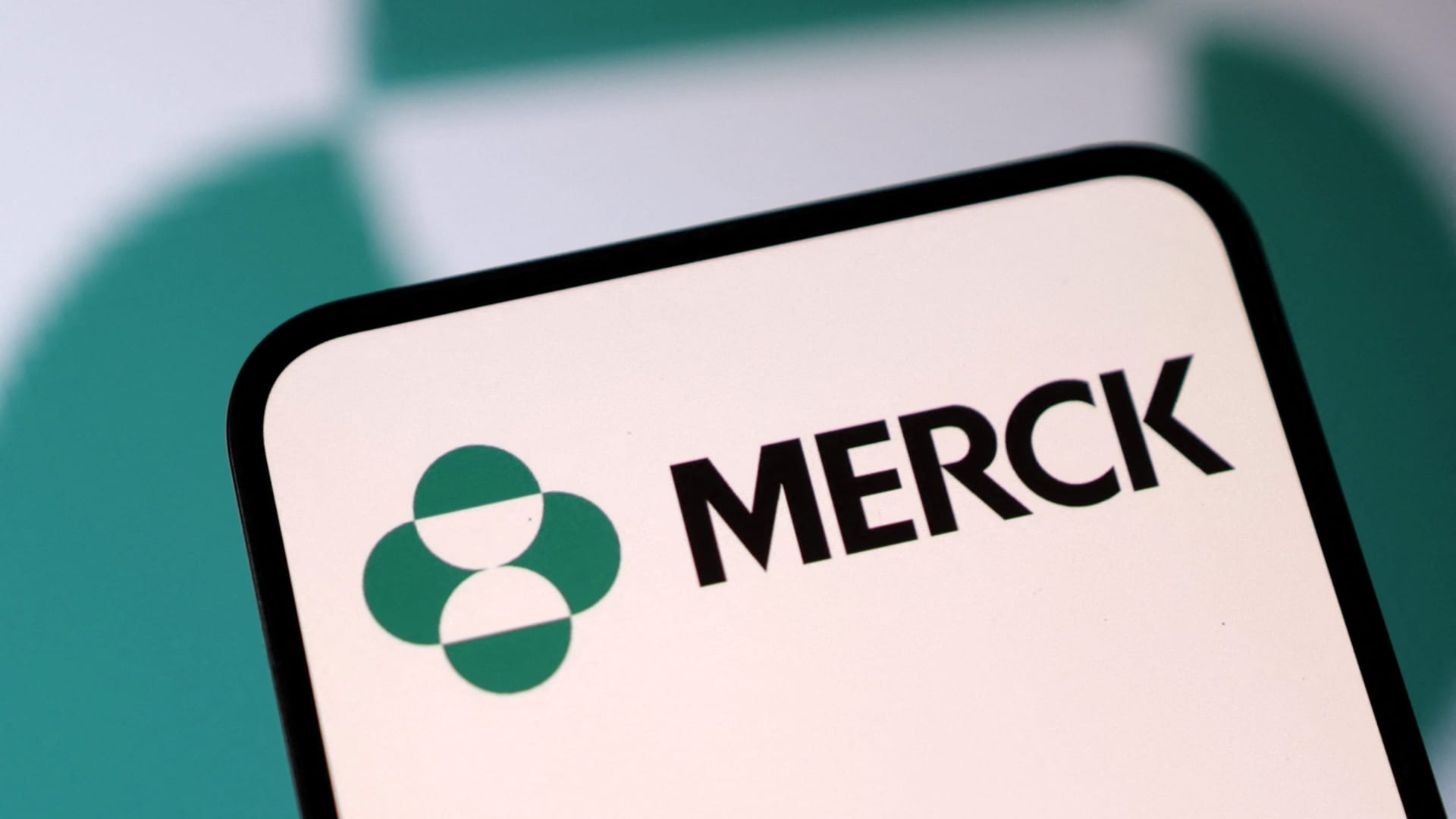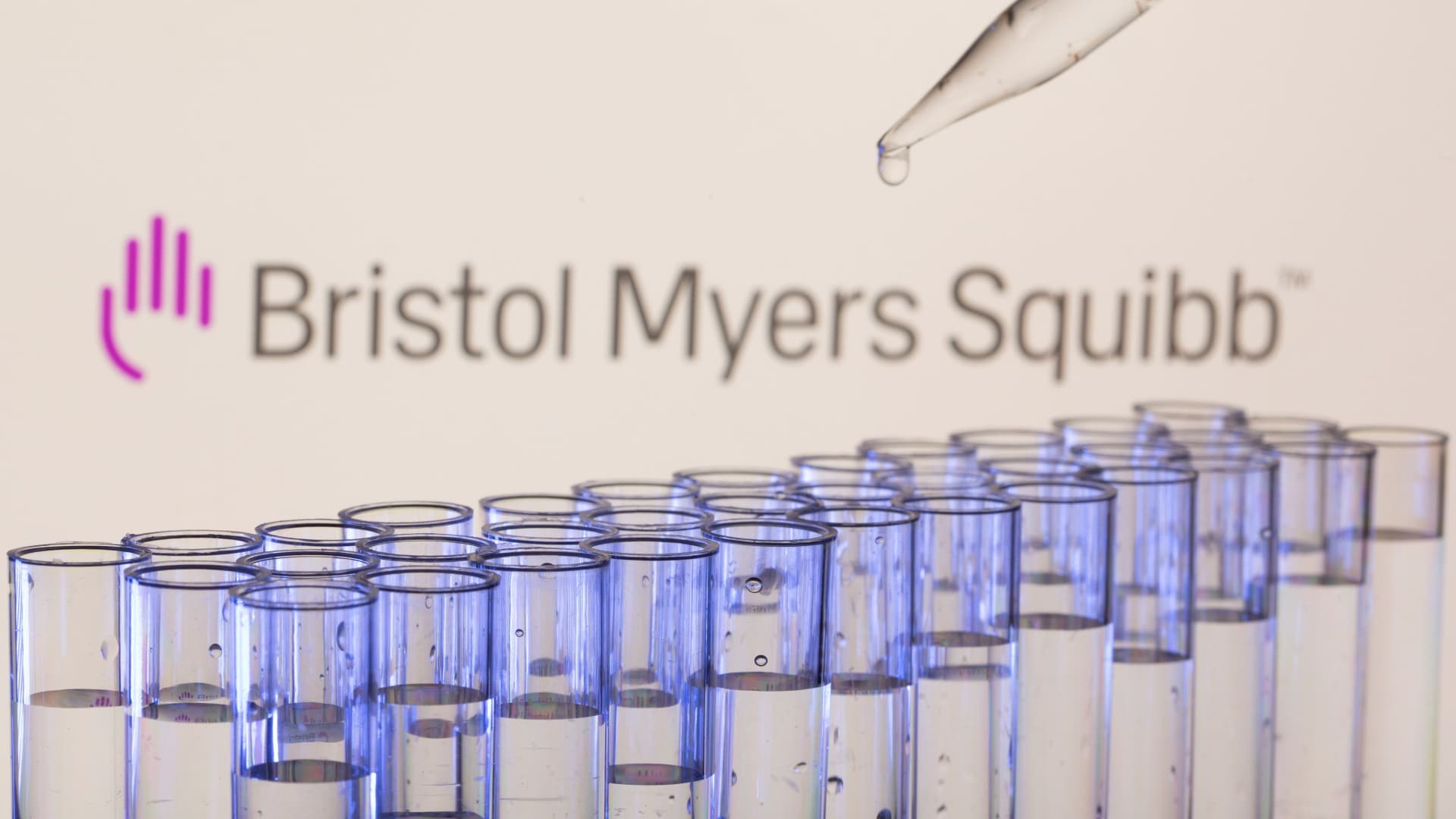Oura said Tuesday that it raised more than $900 million in a new Series E funding round, bringing the company's valuation to $11 billion.
The fundraising, led by Fidelity Management & Research Company, also includes new investor ICONIQ and contributions from Whale Rock and Atreides.
“With this investment, we will accelerate innovation, expand our global reach, and set a new standard for what wearables can achieve in advancing preventative health,” CEO Tom Hale said in a statement.
The Finnish company, which ranks 23rd on CNBC's Disruptor 50 list of 2025, has raised approximately $1.5 billion, according to a statement.
Known for its Oura rings, the company competes with other smart ring manufacturers such as Samsung and RingConn, as well as fitness-focused devices from Whoop and Garmin.
Oura announced in September that it has sold more than 5.5 million Oura rings since the product's launch in 2015, a significant jump from the 2.5 million rings announced in June 2024. The company reported revenue of more than $500 million in 2024, more than double the previous year, and expects to reach $1 billion in sales this year.
Looking to expand further into the wearable category, Oura has also been expanding its features to compete with more general wearables like Apple or Samsung watches.
Along with its new Oura Ring 4 Ceramic, the company recently introduced Health Panels, a blood testing feature that allows users to schedule and view their lab results directly in the Oura app.
Users can track up to 50 biomarkers and receive a summary of their health data, as well as diet or activity suggestions from Oura's AI-powered Advisor.
The ring maker also partnered with Dexcom, a leader in glucose monitoring technology, late last year to integrate Dexcom's glucose data with biometric data collected by Oura so users can monitor their glucose levels.
“We are proud to create not just a product, but a global movement toward proactive health, helping people understand their bodies, make better lifestyle decisions and connect more effectively with their healthcare providers,” Hale said.

